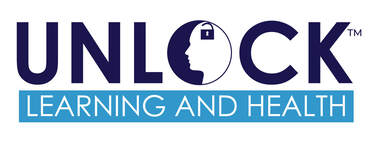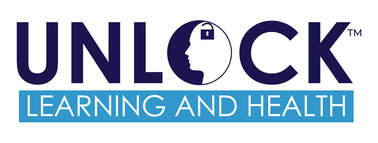Phone: 0412 081 772
What is Neurodevelopmental Therapy (NDT)?
Neurodevelopmental Therapy is a simple, drug-free movement and sensory stimulation program. It is also known as Primitive Reflex Integration and is based on neuroplasticity- the brain's ability to mature and reorganise, given the right stimulation.
Who is it for?
This therapy benefits children who have retained primitive reflexes and sensory immaturity/dysfunction. We have found that children who are 4 years and older can best participate in NDT but we do work with some younger children who are not meeting their milestones.
Some signs of retained reflexes are;
Some signs of retained reflexes are;
|
"If our body is not sufficiently developed and integrated- instead of supporting learning and functioning, it will get in the way"
What are the benefits?
NDT helps children overcome academic, sensory, emotional, behavioural or physical challenges.
It matures the child's central nervous system by inhibiting any retained primitive reflexes, strengthening underdeveloped postural reflexes, developing communication between the senses and between the two hemispheres of the brain. NDT gives a child's body and brain more time to organise and build stronger neural pathways. It ensures the foundations in the brain are stable and ready to support higher order functions like learning, memory and emotional regulation.
It matures the child's central nervous system by inhibiting any retained primitive reflexes, strengthening underdeveloped postural reflexes, developing communication between the senses and between the two hemispheres of the brain. NDT gives a child's body and brain more time to organise and build stronger neural pathways. It ensures the foundations in the brain are stable and ready to support higher order functions like learning, memory and emotional regulation.
|
There is some 40+ years of research investigating the physical factors that underly learning and behavioural problems. Much of this research has been presented by Peter Blythe, Sally Goddard Blythe, Dr Robert Melillo, Dr Harald Blomberg and Moira Dempsey,
Check out some of the books and research in this field. |
Please note- NDT program fees are not currently claimable on Medicare or private health insurance. They may be covered by your NDIS funding though.



